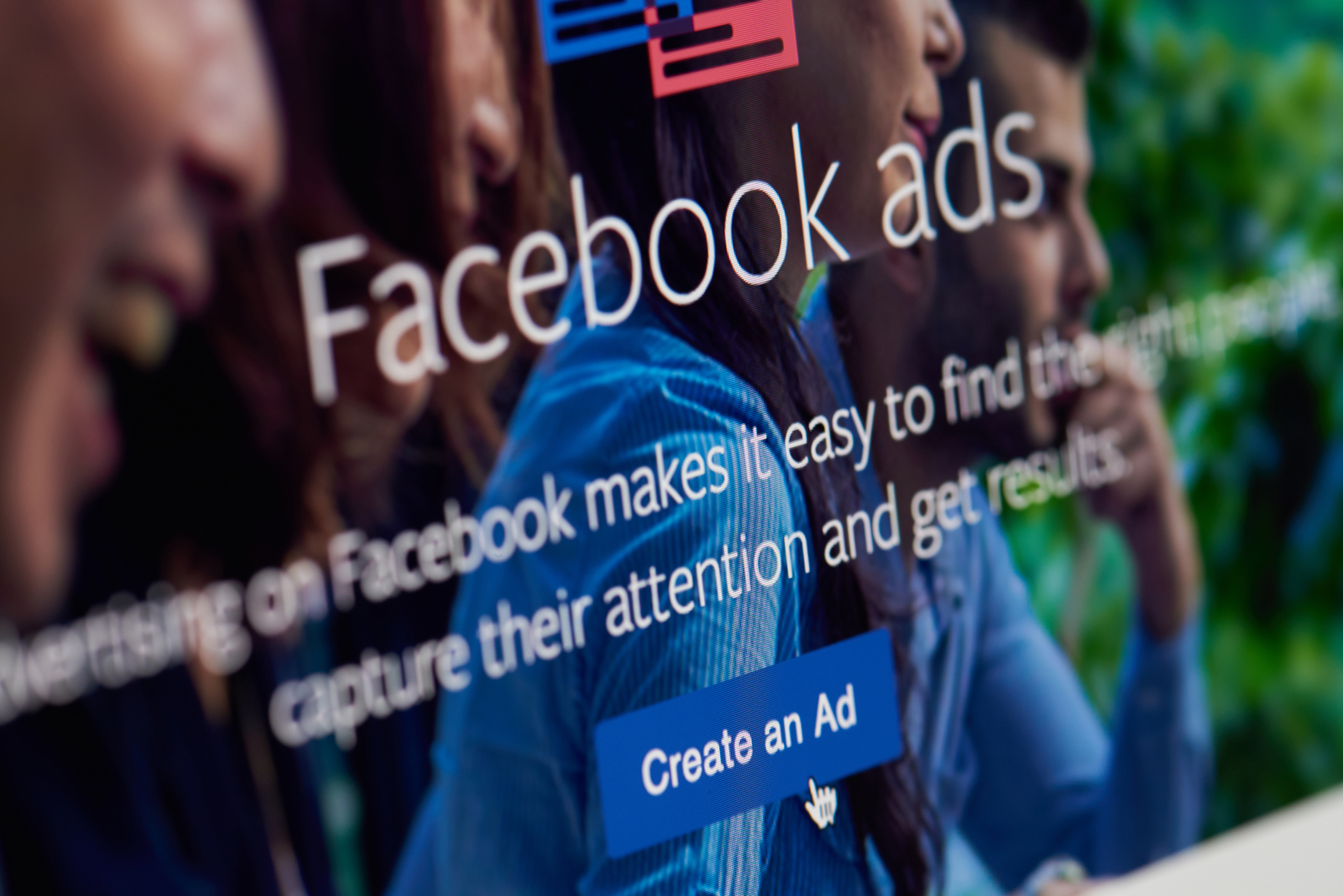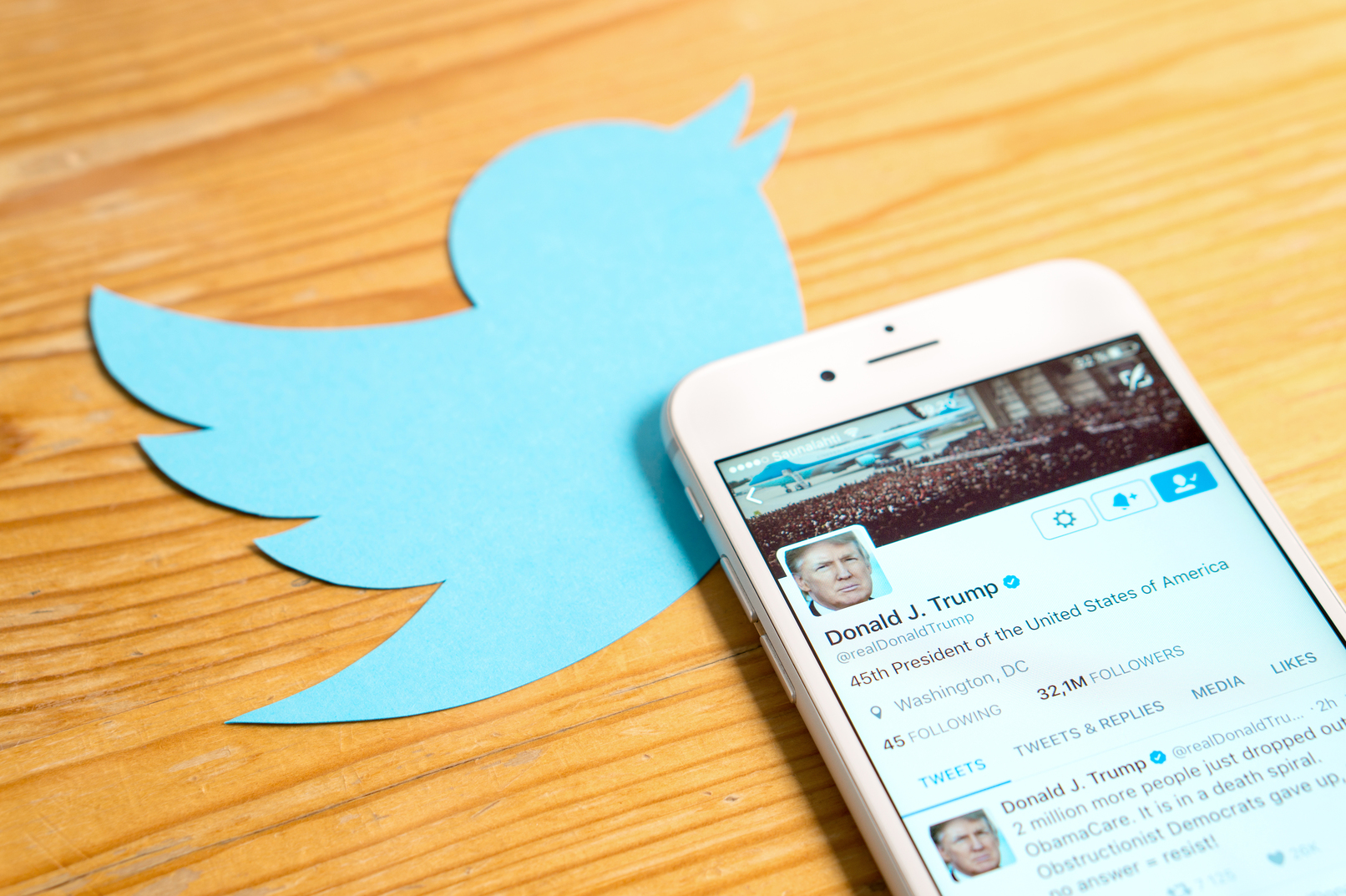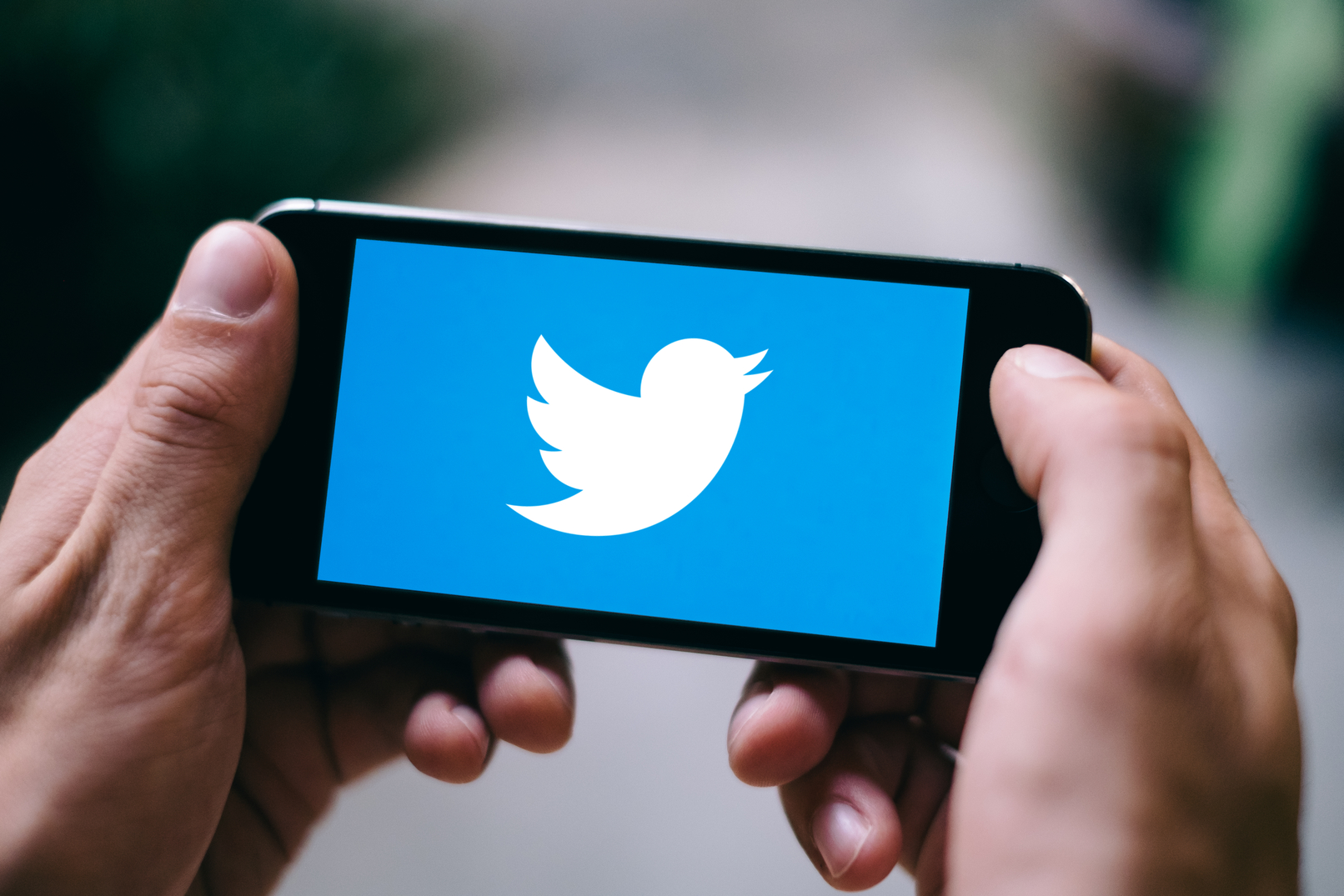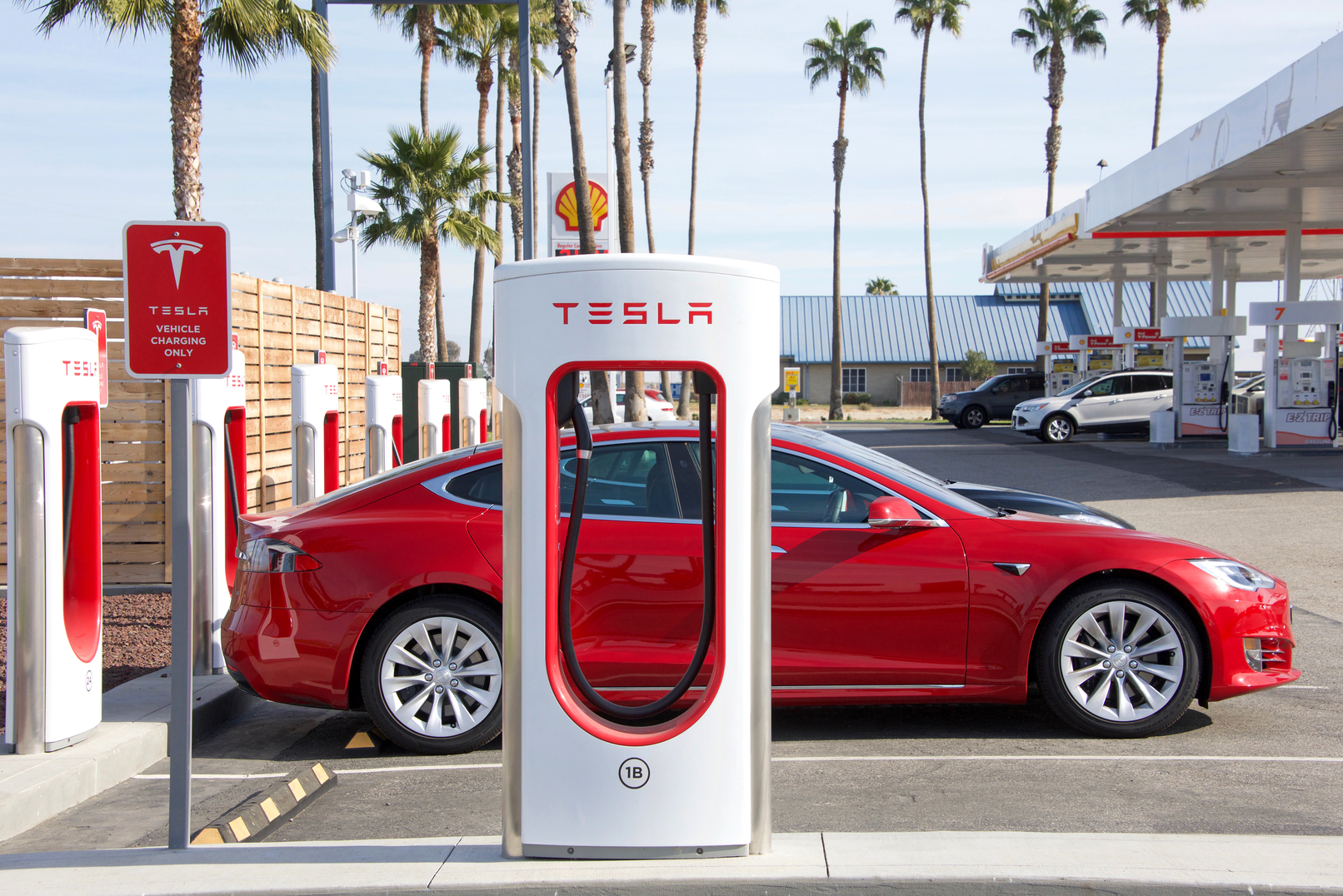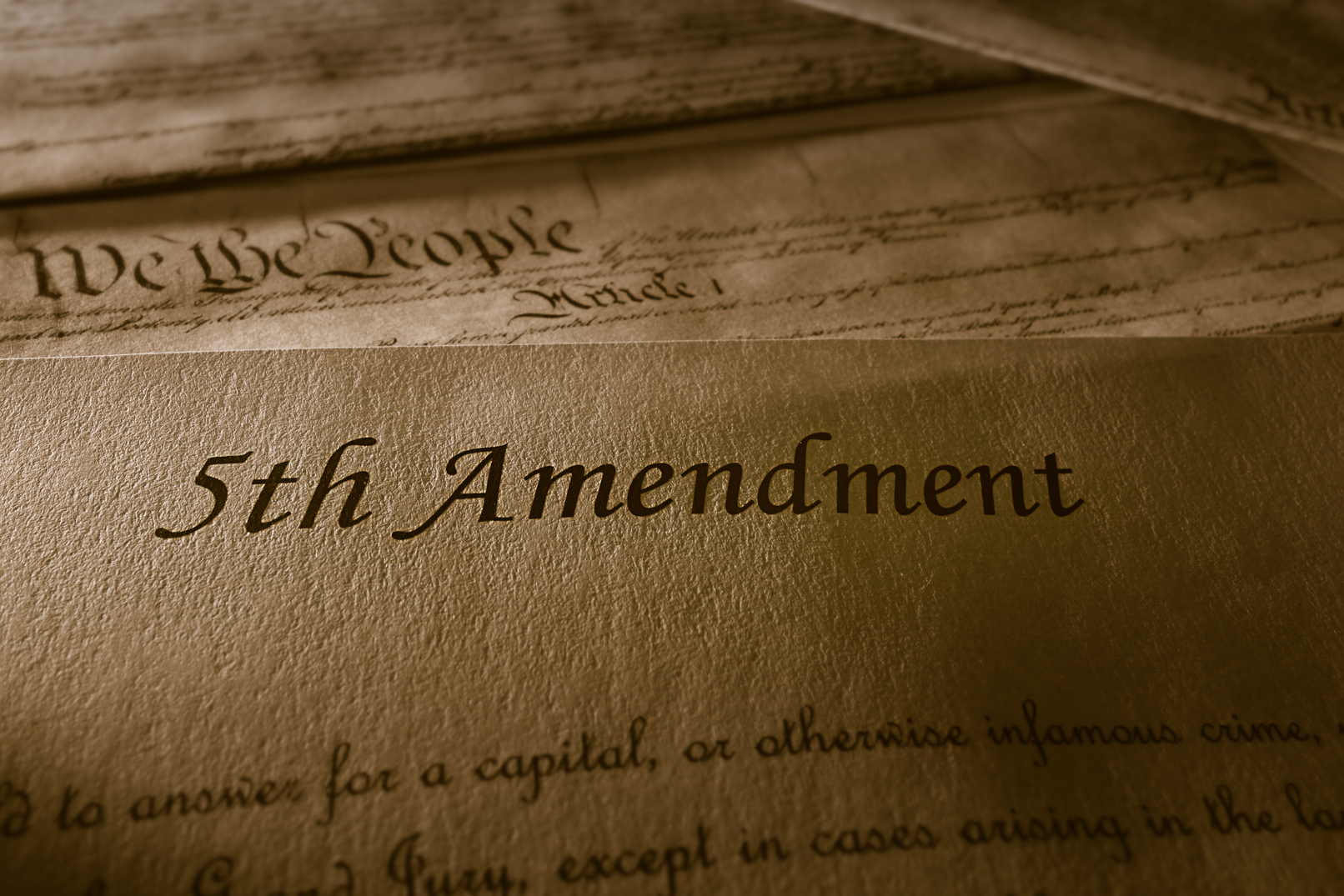The technology giant could face billions of dollars in damages after a panel of federal judges allowed a class action lawsuit by Illinois users to move forward.
Articles Posted in Internet Law
In the aftermath of a March 2019 Capital One data breach that reportedly compromised the data of over 100 million Capital One customers and credit card applicants, plaintiffs are suing not only the credit card company but also the software development platform where the alleged perpetrator posted information about the breach. The hack is said to have exposed the social security numbers, bank account numbers, and credit card applications of millions of people in the US and Canada.
On Tuesday, July 9, 2019, the United States Court of Appeals for the Second Circuit held that President Donald J. Trump engaged in unconstitutional viewpoint discrimination, in violation of the First Amendment, by blocking certain users' access to his Twitter account based on those users' speech on Twitter. The Knight First Amendment Institute at Columbia University sued the President on behalf of seven Twitter users who were blocked from the President's Twitter account after said users tweeted replies to the President critical of his personality and policies. Judge Barrington D. Parker concluded "that the First Amendment does not permit a public official who utilizes a social media account for all manner of official purposes to exclude persons from an otherwise-open online dialogue because they expressed views with which the official disagrees."
On Thursday, April 25, 2019, Facebook, Inc. and Instagram, LLC filed a lawsuit in the United States District Court for the Northern District of California against Social Media Series Limited, a New Zealand company, and three other individual defendants for selling fake engagement services to Instagram users. The complaint alleges that the defendants sold fake likes, views, and followers to Instagram users as a service. Facebook and Instagram suspended the defendants' accounts and then warned them formally, in writing, to notify defendants that they were violating Instagram's Terms of Use and Community Guidelines. The defendants continued to violate Instagram's Terms of Use and Community Guidelines, which resulted in the lawsuit.
Congressman Devin Nunes has reportedly filed a defamation lawsuit in Virginia state court against Twitter, Republican political consultant Liz Mair, and two parodical Twitter accounts (@DevinNunesMom and @DevinCow) seeking at least $250 million in compensatory and punitive damages. The lawsuit alleges, among other things, that Twitter is intentionally refusing to enforce its Terms of Service and Twitter Rules against accounts that supposedly attempt to defame conservative individuals such as Nunes.
The lawsuit seeks to prevent the Tesla CEO from using social media to make misleading statements about the company.
The NYPD has sent a letter to Google demanding that it remove a feature that allows users to post drunk-driving checkpoints on its Wave navigation app. In the letter, the NYPD argues that the feature is irresponsible because it allows impaired and intoxicated drivers to avoid checkpoints and therefore encourages reckless driving. Those users who post such checkpoints on the Waze app, the NYPD says, may be engaging in criminal conduct since such actions hinder the NYPD from enforcing DWI laws and other criminal and traffic laws.
The Data Protection Commissioner of Ireland released a report last week that discussed an investigation into a complaint against the social media network LinkedIn, owned by Microsoft. In the investigation, the Data Protection Commission found that LinkedIn U.S. had collected the email addresses of 18 million people who were not users of the network.…
Two Florida district courts have reached clashing conclusions on whether a suspect in a criminal case can invoke the Fifth Amendment to withhold their iPhone passcode from law enforcement. In the older case, State of Florida v. Stahl, the court ruled that a criminal suspect does not have this right under the Constitution. (This case involved…
October 24, 2018 -- The 4th District appellate court ruled in G.A.Q.L. v State of Florida that an intoxicated minor involved in a car crash that killed someone cannot be forced to reveal the passcode to his iPhone. The teen, known as G.A.Q.L., was allowed to plead the Fifth Amendment clause, shielding him from self-incrimination. He had been found with a blood alcohol level of 0.086, which is over the legal limit, at the hospital after the car crash had occurred.

